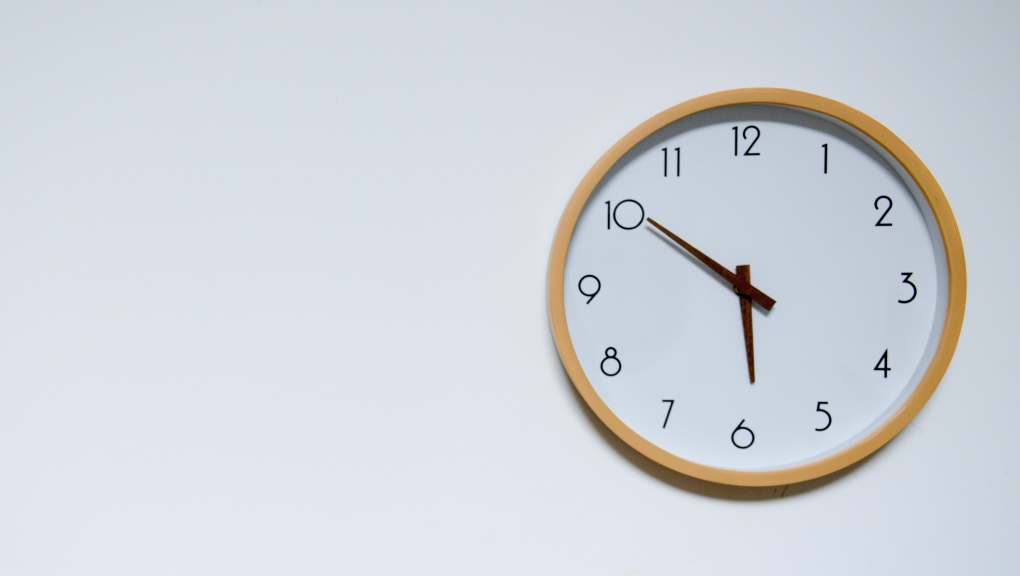
'A public health concern': Should Canadians stop turning back the clocks?
CTV
On Sunday, daylight time ended and most of Canada set their clocks back an hour to standard time, but some experts say the practice is harmful to our health and should be done away with.
On Sunday, daylight time ended and most of Canada set their clocks back an hour to standard time.
University of Calgary psychology professor Michael Antle told CTV National News, turning back the clocks means a chance to catch up on some sleep.
"We're going to feel better on Monday morning because we're getting our circadian clocks aligned with our work schedule and our solar day,” Antle said.
Antle said a person’s physiology and sleep-wake cycles are all controlled by an internal clock known as the circadian clock, which tracks dawn.
“Our bodies naturally want to follow daylight,” Antle said. “It gets to be a problem in Canada, in particular, and in other northern countries, when our days get really short in the winter and when dawn starts getting later and later in the day. Our circadian clock wants to move later and later.”
According to Antle, the hour we gain by falling back in November is typically easier for a person to adjust to than springing forward an hour in March.
Rebecca Robillard, the Canadian Sleep Research Consortium co-chair, agreed the adverse health effects are less harsh during time changes in November compared to March. However, she said that does not mean some people won’t notice a difference this weekend.

'It's intimidation': Vancouver councillors told to stop displaying children's artwork during meeting
Two Vancouver city councillors were told to remove children's artwork from their desks during Tuesday's meeting, after one of their colleagues called the display of the drawings "intimidating."










